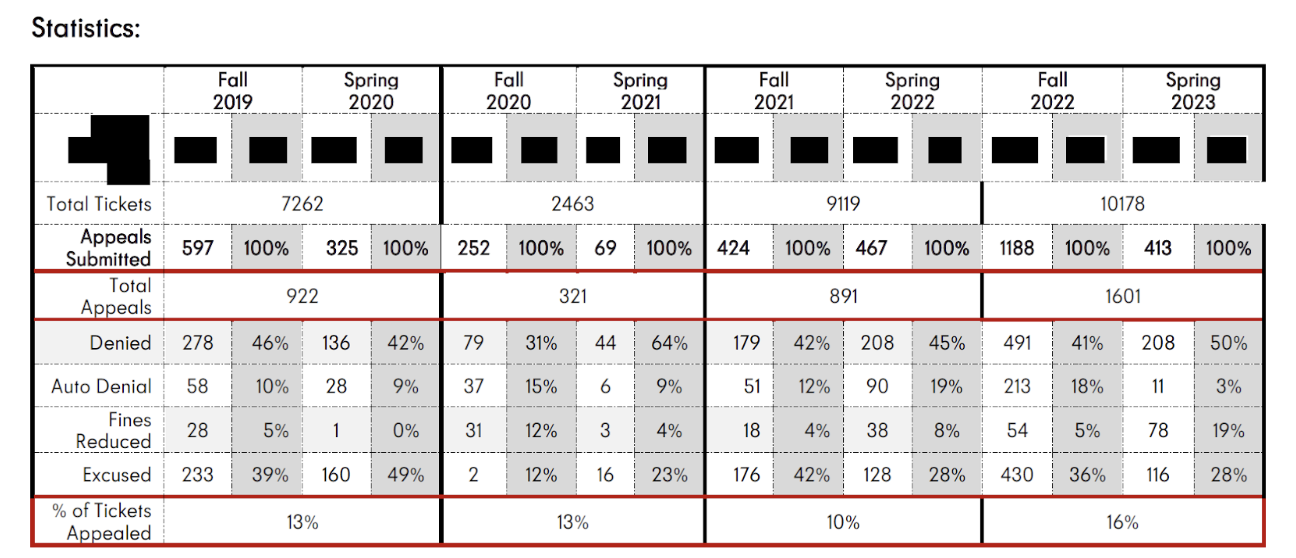By James Bouffard
Staff Writer
Net neutrality has become a hot button issue over the past few months, with Trump’s appointed FCC chairman Ajit Pai directly announcing his intention to roll back 2015 regulations solidifying it into law.
The controversy has reached a fever pitch with an upcoming congressional vote on December 14th that will determine if net neutrality is preserved. Pai’s proposal is expected to pass in the Republican dominated Congress.
Supporters of net neutrality, who seem to be in the majority, have fanatically rallied against this move with cries to “Save the Internet!” and “Keep the Internet Free!”. These alarmist messages simplify a highly complex issue, and we probably won’t be entering an Internet dystopia any time soon.
The proposal is limited to repealing regulations that have only been in place the past couple years. With some exceptions, Internet service providers, or ISPs, did not wantonly throttle or favor particular websites prior to these regulations. They generally complied with net neutrality on a voluntary basis.
In spite of the fear mongering, there is good reason to be concerned about the impending end of net neutrality. There is very little competition among ISPs. The industry is dominated by a handful of companies such as Comcast and Verizon. More importantly, consumer choice is severely restricted by geographic location.
Local municipalities make it unnecessarily expensive to install the infrastructure needed to provide
Internet access, making it difficult for smaller ISPs to compete. Many local governments also effectively create monopolies by signing contracts with particular companies such as Comcast, subsequently barring other ISPs from competing in that area.
If there was more overall competition, net neutrality would not be necessary. The problem of local monopolies needs to be resolved before it comes to an end, otherwise many Americans will not be free to choose another ISP.
Unfortunately, this is not going to happen, considering the upcoming Congressional vote. Companies will hopefully revert back to their pre-2015 practices and decide not to obstruct access to particular content.
Judging from the past, it will probably not be anywhere near as detrimental as its proponents claim. The next few years should reveal if they are right or not.





Leave a Reply